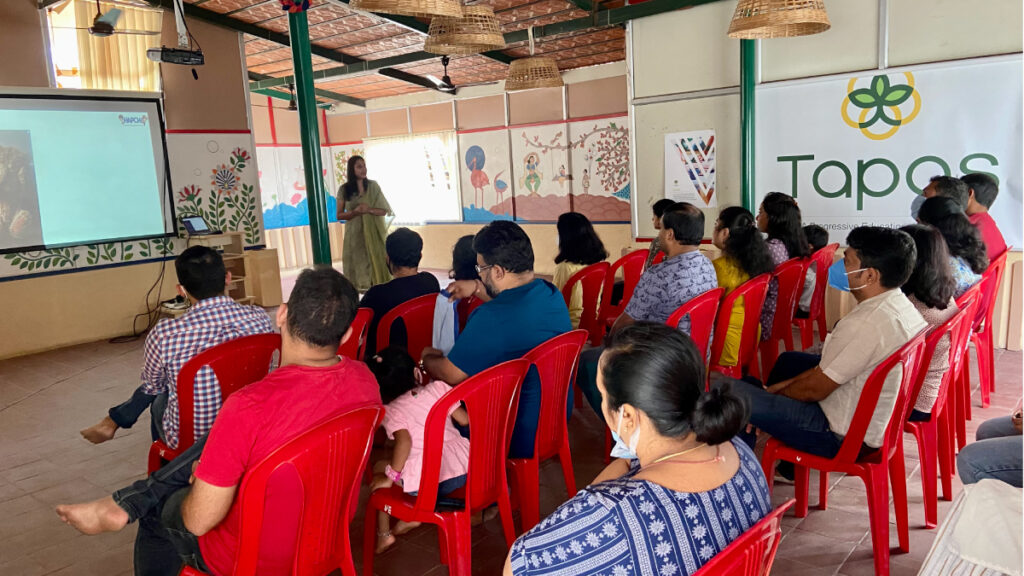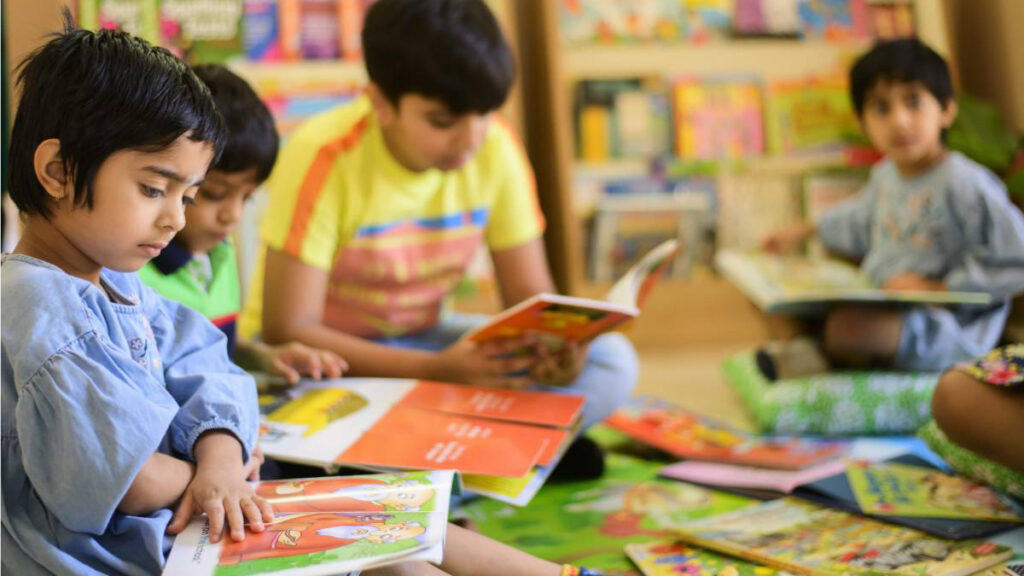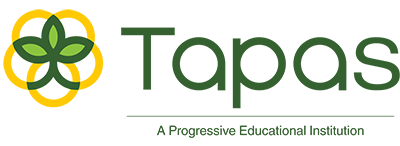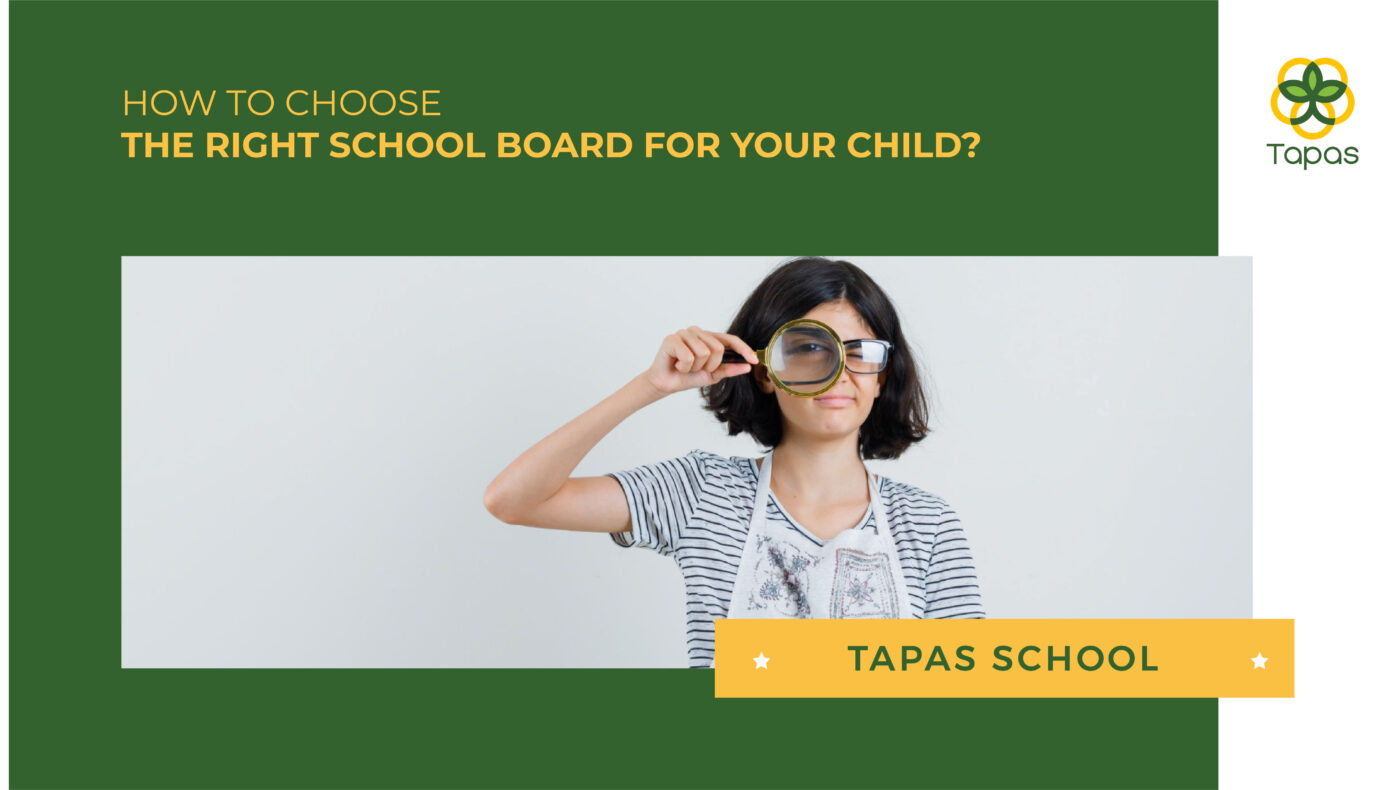The world is marching rapidly toward globalization so how can education be left behind? In fact, it is leading the modernisation brigade. The pressure is on the parents to furnish their children with skills that are recognised globally, preparing them for a future anywhere.
In India, choices in educational streams or schooling systems have moved to newer ways of schooling, and adding to that, are the new boards that have trooped in from across the globe. Different education boards make it so much easier for modern parents to decide and shape their child’s futures.
 Primarily, there are a handful of boards in India, and they all maintain different methods of teaching, learning programs, syllabuses, requirements for the curriculum, criteria for assessments, processes for tests, etc. All of these are contributing factors to the development of the students in a prepared and thorough manner.
Primarily, there are a handful of boards in India, and they all maintain different methods of teaching, learning programs, syllabuses, requirements for the curriculum, criteria for assessments, processes for tests, etc. All of these are contributing factors to the development of the students in a prepared and thorough manner.
Categories of School boards
There are a few main categories of boards which are listed below. Prominently, these are the ones that are most popular with parents nowadays.
- CBSE – Central Board of Secondary Education.
- CISCE – Council for the Indian School Certificate Examinations.
- NIOS – National Institute of Open Schooling.
- IB – International Baccalaureate.
- CIE – Cambridge International Education.
- IGCSE – International General Certificate of Secondary Education.
Because India has a huge population and one of the largest education systems in the world, there is a place for everyone and there are choices for every stratum of the society with different mindsets and skill sets kept in mind.
Having a host of boards to choose from, is a rather difficult choice. An uphill task to make a choice based on the pros and cons, this can be very difficult. But a few pointers can help find the right direction, although the decision has to be made independently as it’s a better portion of a student’s childhood that is in question and the shaping of which is inherently very important. Each board has differentiated learning strategies integrated with the set curriculum to bring out the best results.
CBSE is like the brand ambassador of the Indian Education system. Most schools opt for it as the board they offer. They offer a structured curriculum with well-defined subjects. Their focus is knowledge application and skill-based learning. Typically, they have 6 main subjects and one vocational subject. With a host of extracurricular activities, they not only focus on education but also on preparing the children for the future with confidence. Their exams are fairly easy compared to the other boards, their teaching pedagogy is also straightforward.
ICSE on the other hand is a more difficult board and it was a fact right up until IB took over that baton. ICSE always focused on curriculum and high-level learning and excelling has always been their priority. They have a rigid structure in terms of subjects with little or no choice. While they encourage co-curricular activities, the only thing that is out of the ordinary is that there is again no choice and a child has to have a skill set. This system is high on rote learning but over the years they have outshone the other boards.
IB is a pioneer in the education system globally. Considered prestigious in India, they are a rather expensive choice for a big chunk of society. They have a curriculum that is designed based on the topic and subject. The pedagogy is immersive learning at its best. It doesn’t support the textbook learning methods as most of their subjects are integrated into one another. Since these are expensive schools, they also have fantastic infrastructure that allows them to have many interesting extracurricular activities that many schools may not be able to. The most demanding curriculum and teaching pedagogy, IB has a continuous assessment system rather than terms and exams.
IGCSE on the other hand is one of the most popular schooling systems for modern parents due to the Cambridge International education it imparts. It is also one of the largest education systems in the world. The students that pass out from here are accepted in universities worldwide, namely the UK, USA, Canada, Middle Eastern countries, Europe, Asia, etc. making it the most viable option there is. The Cambridge syllabus starts from primary, lower secondary, upper secondary, to advanced level and this is called ‘ The Cambridge Pathway.’
Conclusion
 India has adapted to this board easier than others as it prepares the students for life. There are many IGCSE-affiliated schools in Bangalore, one of which is Tapas Education. An international school in Bangalore with gurukul interspersed with differentiated learning strategies. Although they follow the Cambridge syllabus, they also customize learning programs. The admissions are open for next year (2023-24). Check the website https://tapaseducation.com/ out for more information.
India has adapted to this board easier than others as it prepares the students for life. There are many IGCSE-affiliated schools in Bangalore, one of which is Tapas Education. An international school in Bangalore with gurukul interspersed with differentiated learning strategies. Although they follow the Cambridge syllabus, they also customize learning programs. The admissions are open for next year (2023-24). Check the website https://tapaseducation.com/ out for more information.


1 Comment